College Faculty Receive 80 Awards Totaling Over $11 Million in 2023
In 2023, College of Arts and Sciences faculty received more than 80 externally funded awards totaling over $11 million. In all, more than 40 faculty members received awards, reflecting the disciplinary diversity of the College, including 14 of 19 departments spanning the arts, humanities, behavioral sciences, social sciences, and natural and physical sciences.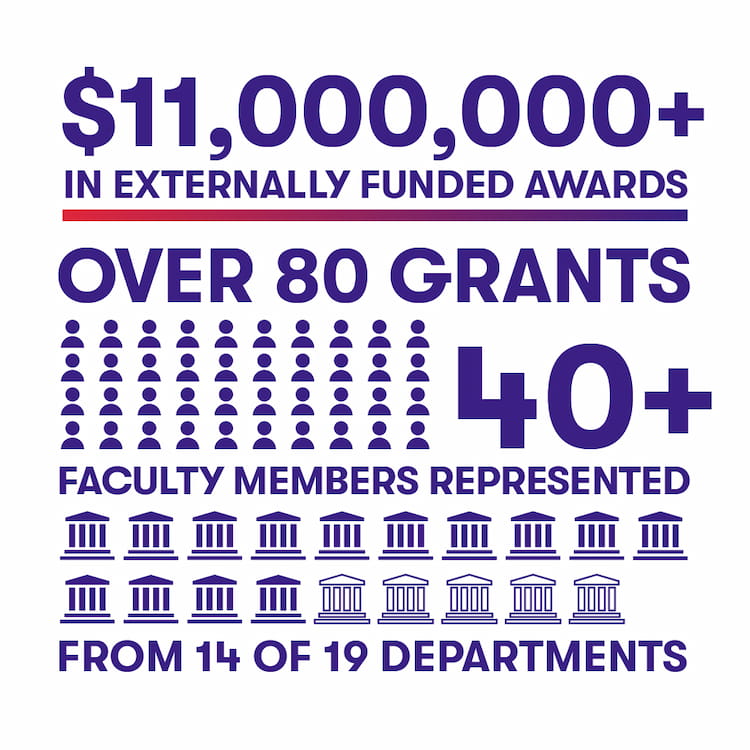
The $11 million includes new grants in addition to supplemental and incremental funding to existing grants.
“The research, scholarship, and creative work of our faculty is advancing AU’s strategic goals and providing insights into and having impacts on issues at local, national, and global levels,” says Kim Blankenship, distinguished professor of sociology, founding director of the Center on Health, Risk and Society, and CAS associate dean of research.
Read on to learn more about just a few recently funded projects that demonstrate the diversity and impact of research at the College.
Bringing Back the Anacostia Steve Macavoy, Barbara Balestra, and Vikki Connaughton
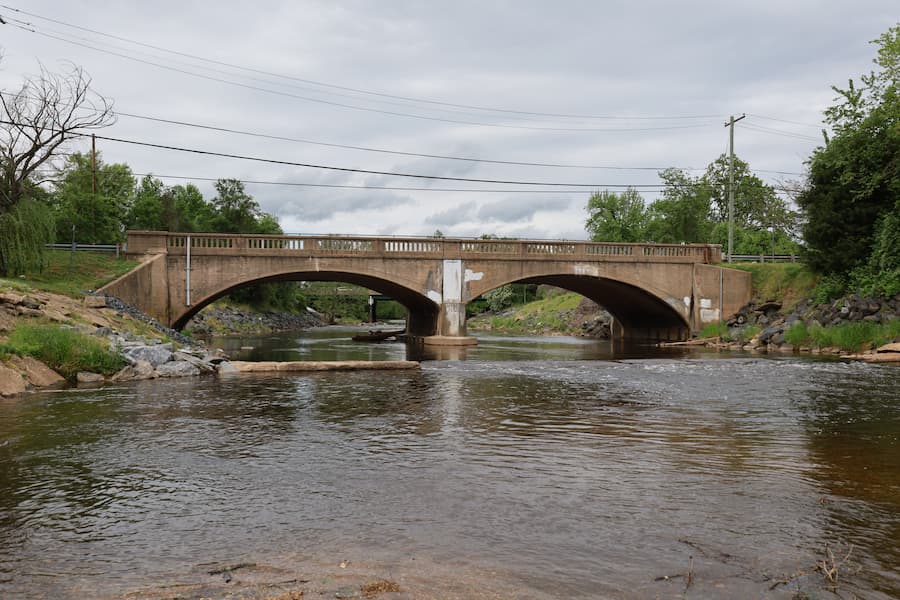
The 8.7-mile Anacostia River flows from Prince George's County in Maryland into Washington, DC, through heavily populated residential areas. It was once a thriving river, critical for fishing and recreation, but urbanization has made the river dangerous for both humans and wildlife.
Funds awarded to environmental science professor Steve MacAvoy, professorial lecturer Barbara Balestra, and biology professor Vikki Connaughton have made possible their ongoing research in assessing the Anacostia River’s water quality as the city pursues various mediation efforts to reach its goal of “fishable and swimmable by 2032.” MacAvoy focuses on the location and concentration of siloxanes in the river, while Balestra studies the potential impacts of microplastics, and Connaughton continues work on the impacts of the river’s quality on the reproductive health of fish. The Washington Post featured highlights of AU’s Anacostia River research in an article in 2023.
A Great Public Work Tim Doud, Art
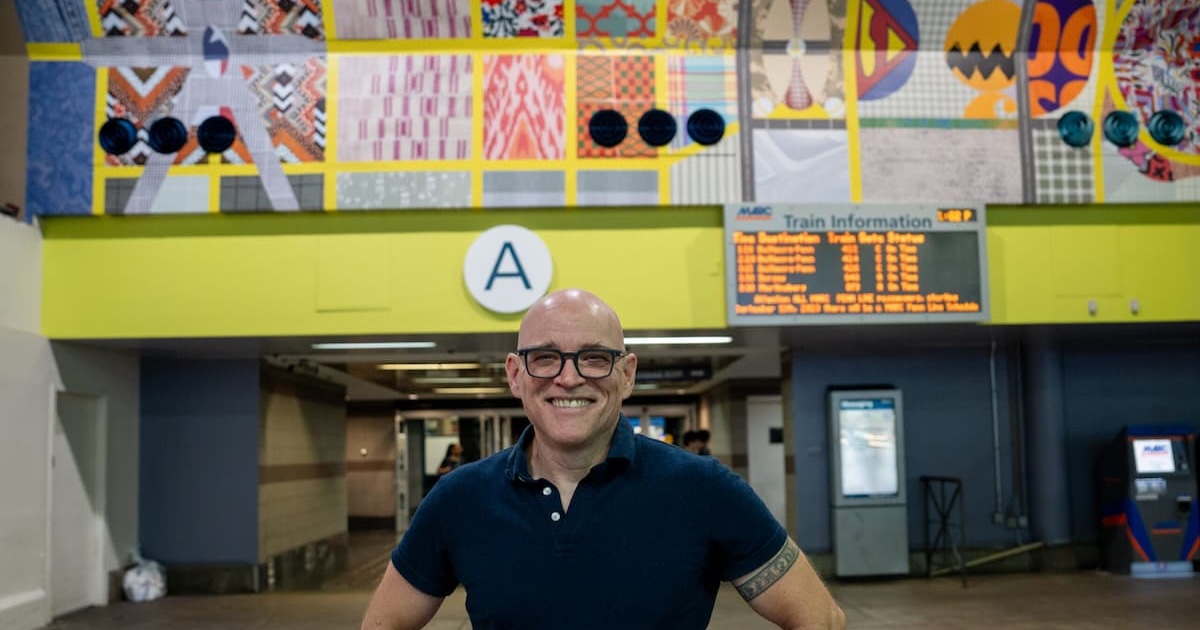
This year, the celebrated Art at Amtrak public art program has filled Washington Union Station with new work from American University visual artist Tim Doud. Titled “A Great Public Work,” Doud’s mural tapestry directly reflects the identities, demographics, and personalities of those who frequent the station, all arranged within Pierre Charles L’Enfant’s plan for Washington, DC. The exhibit is on display through the winter of 2024.
Economic Research and Policy Solutions Ignacia Gonzalez-Garcia, Economics

Grants from the New Venture Fund and the Rockefeller Foundation awarded to economics professor Ignacia Gonzalez-Garcia have made possible the formal establishment of the Institute for Macroeconomic & Policy Analysis (IMPA), the most recent addition to the centers and institutes housed in the College of Arts and Sciences.
IMPA is a nonpartisan research institute that acts as a forum for academic debates and a resource for policymakers on macroeconomics, inequality, and economic policy. Grounded in up-to-date economic research, the institute builds macroeconomic policy models to provide detailed analysis of the economic and distributional impacts of policy proposals. Most recently, the IMPA produced a report on the impacts of corporate tax cuts in the Tax Cuts and Job Acts.
Reproductive Rights Research and Policy Tracy Weitz, Sociology
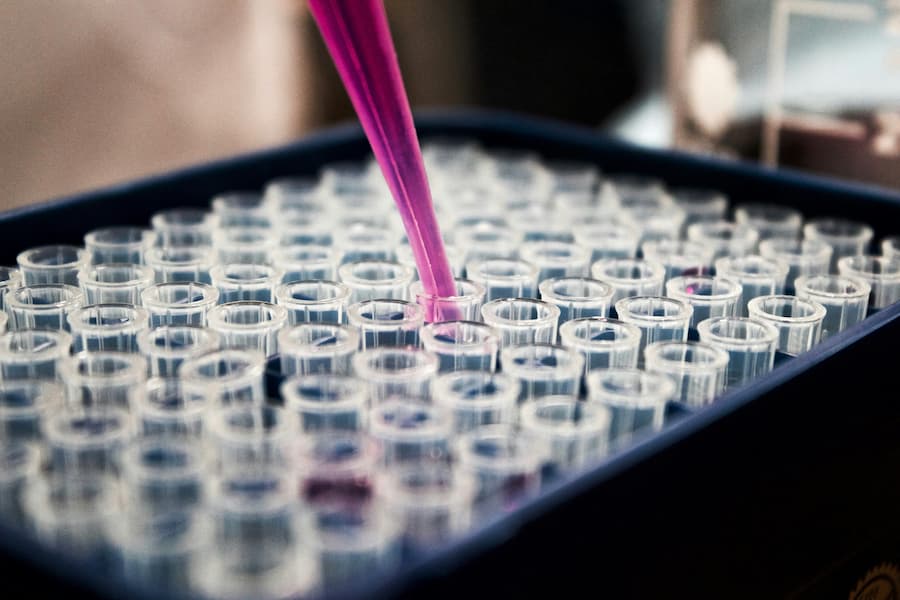
Tracy Weitz, professor of sociology and director of the Center on Health, Risk and Society (CHRS) not only received funding to continue her research on abortion in the United States but was appointed as the only social science expert on abortion to the National Academies of Science, Engineering and Medicine (NASEM) Standing Committee on Reproductive Health, Equity, and Society. The appointment was groundbreaking, with Weitz joining NASEM’s very first cohort with expertise on abortion. The Committee will inform national policies related to reproductive health by assessing the implications of access to reproductive health services, identifying ways to improve well-being through reproductive health care access, and serving as a focal point for national policy discussions by leaders in the reproductive health field.
Collaboration and Global Reach Caroline Kuo, Health Studies

The National Institutes of Health (NIH) has funded a project by global public health scientist and advocate Caroline Kuo, a health studies professor and the director of the Youth and Family Resilience and Well-Being Lab. In collaboration with colleagues at Brown University, Rhode Island Hospital, and the South African Medical Research Center, Kuo will test the efficacy of a behavioral intervention that integrates HIV and interpersonal violence prevention tailored for the unique developmental needs of adolescent boys.
The Human Costs of American Food Consumption Thurka Sangaramoorthy, Anthropology
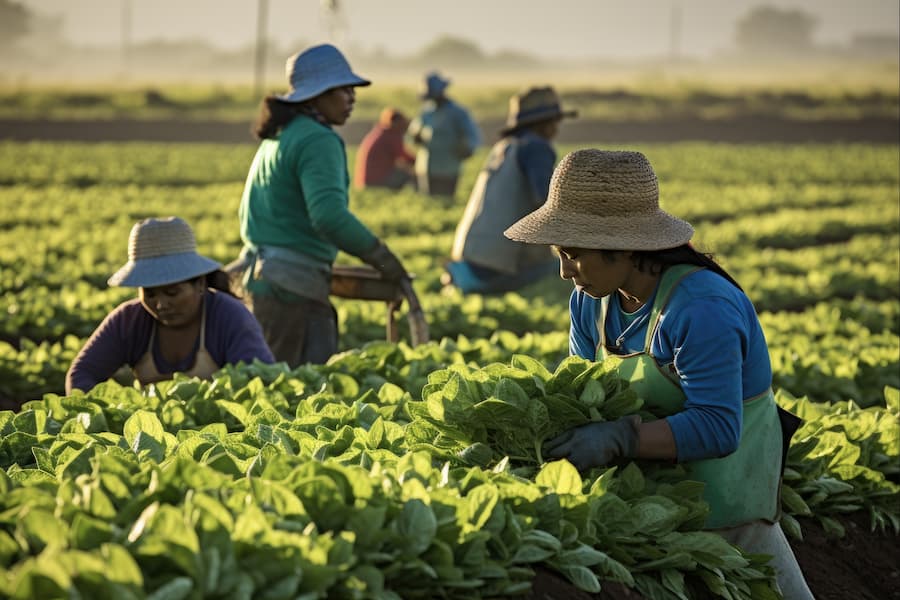
Thurka Sangaramoorthy, a global health and migration scholar, professor of anthropology and member of AU’s Antiracist Research and Policy Center and Immigration Lab, spent nearly a decade in Eastern Shore communities, interviewing immigrants working in the agriculture, poultry, and seafood industries for her most recent book, Landscapes of Care: Immigration and Health in Rural America (University of North Carolina Press, 2023). Now, with NIH funding, Sangaramoorthy and a team of researchers are seeking to better understand how environmental exposures and related policies and regulations are impacting the respiratory health of migrant seasonal farmworkers.
Groundbreaking Space Research
Department of Physics

Department of Physics faculty were awarded approximately $2.8 million in funding for a range of research projects funded by NASA, the Space Telescope Science Institutes, the National Science Foundation, and other partners. Projects include studying the atmospheres of planets, comets, and asteroids within and beyond our solar system (Professors Bonev, Fauchez, Kofman, Faggi, Wong, Johnson), studying the dynamics of our Sun including the impacts on Space Weather (Professors Airapetian, Barnes, Kumar, Guidoni), the development of advanced detectors deployed for space missions including the recently launched Lucy mission of the Trojan asteroids (Professors Lunsford, Bruhweiler), funding for NASA STEM projects in the District of Columbia (Professor Harshman), and research for the next generation of gravitational wave detectors (Professor Harry).
CAS Internal Support
CAS faculty can also access many internal support sources for research, scholarship, and creative work, the largest being the College’s Mellon program. In 2023, CAS made 38 awards of up to $4,000 each, distributing $95,000.
Among others, these funds supported work as diverse as the upcoming book by history professor Laura Beers, Orwell’s Ghosts (WW Norton, 2024), which builds on extensive primary and secondary research to offer a new perspective on Orwell and his work; and the work of chemistry professors Santiago Toledo Raychelle Burks to develop better techniques for detecting cocaine in products.
CAS also awarded its second project under its Collaborative Pilot Research Program (which provides $40,000 for collaborative research that demonstrates strong potential to generate an application for external funding of $250,000+) to neuroscience professor Laurie Bayet and computer science professor Bei Xiao. Their work addresses the need to generate computational models of human object vision that better perceive material and physical properties.
For More Information
For more information about faculty awards, visit the Faculty Achievement page on the CAS website. For more information on CAS internal grant opportunities, visit the College Research Support website.
